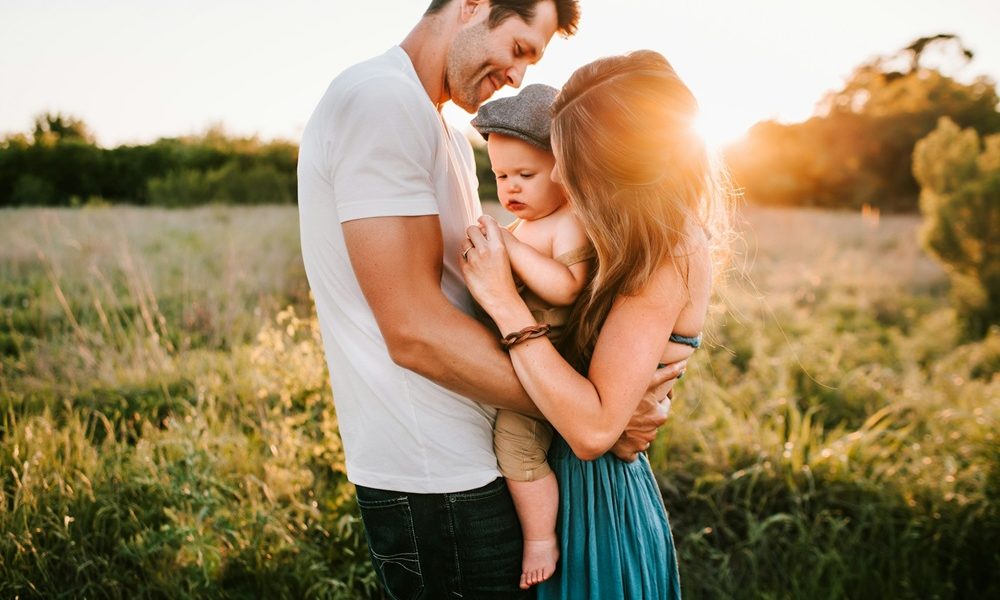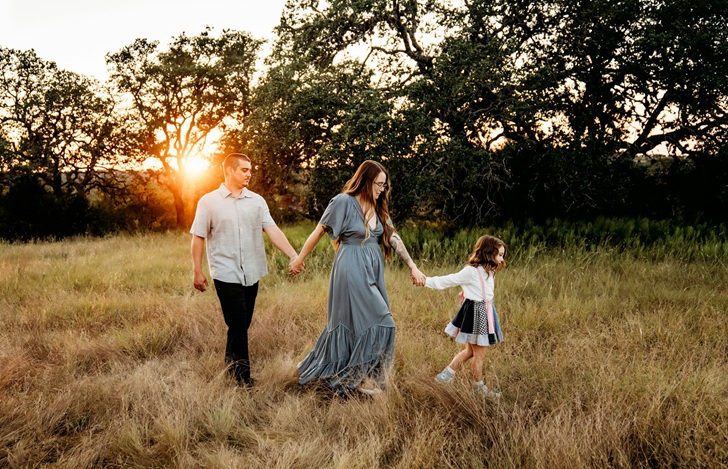
How Life in Germany Brought an American Family Closer (But Made Them Homesick)

Family always came first. That is what made the move from Maryland to Germany both exciting and painful for this American family of four. The opportunity to live abroad pulled them together in ways they never expected. But the space it created between them and their loved ones back home left a deep ache.
They were used to Sunday cookouts, birthday dinners, and spontaneous visits with grandparents, cousins, aunts, and uncles. That kind of closeness defined their lives in the U.S. But when the husband received a multi-year job assignment in Germany, it was too good to pass up.
So, they packed up their lives, said goodbye to the familiar, and jumped into something new.
The relocation gave the mother a rare break. She stepped away from her job and got the chance to focus on their two boys, ages 10 and 6. Without meetings and deadlines tugging at her, she leaned fully into motherhood. The slower pace reminded her of her own childhood, when her mom was always around. She found herself present in ways that had been slipping away in the rush of everyday life back home.

Jessica Rockowitz / Unsplash | The American family says that they feel more connected and enjoy the slow-paced life in Germany.
The family traveled to Norway, explored castles, and strolled through cobbled streets lined with history. Every trip brought new memories. The boys learned how to ask for pastries in German and became curious about different ways people live. Teachers praised their openness and willingness to try new things.
They Miss Their Extended Family Back Home
Still, the distance from home took a toll. They missed birthdays, cookouts, new babies, and even a hospital stay. Video calls and text messages helped. But it wasn’t the same as sitting in the same room, laughing over inside jokes, or passing around plates of food. Family updates came through texts instead of hugs.
The mother found it hardest during quiet moments, like when she saw photos of her niece’s birthday party and realized her sons weren’t in the picture.
Germany has its upsides for families. Spouses and kids can join skilled workers who secure visas like the EU Blue Card. The process can be a bit of a hurdle, with paperwork and language rules, but it is doable. Once you are in, the system supports families pretty well.
Healthcare is affordable, schools encourage independence, and there is a strong focus on outdoor play. Other expat families they met echoed the same: Germany makes space for families to thrive, just in a different way than the U.S.

Jessica Rockowitz / Unsplash | Back in the U.S., their extended family had been a safety net. If one kid was sick or school was canceled, there was always someone nearby to help. In Germany, that support system didn’t exist.
While they were forming tighter bonds within their own household, they also felt the absence of the bigger family network that once made life easier and warmer.
The mother doesn’t regret the move. She is grateful for the time she has had with her kids and the chance to step off the treadmill for a while. Watching them flourish in a new environment has been one of the biggest joys of her life. Yet, the longing for home stays with her—not just for the place but for the people.
What surprised them most was how the move changed their idea of family. It stopped being about a location or routine. It became about the four of them, weathering every new challenge together. They learned to lean on each other more. Dinners felt more meaningful. Conversations went deeper. Even the hard days brought them closer.
More in Family
-
`
5 U.S. Family Vacation Spots You Should Book ASAP
If you are looking for the best family vacation spots in 2025, skip the guesswork. These five places deliver the fun,...
May 27, 2025 -
`
These Stars are ‘Banned’ From the 2025 Met Gala
The Met Gala might be fashion’s Super Bowl, but not every celebrity wants to play. While millions obsess over who wore...
May 20, 2025 -
`
5 Archaic Home Decor Trends That Should Never Come Back
Home decor trends come and go faster than a TikTok challenge. One minute you are painting your walls grey, the next...
May 13, 2025 -
`
5 Reasons Why Everyone Is So Obsessed With Gut Health
Gut health is not just another wellness trend anymore. It is front and center for a reason. From TikTok tips to...
May 6, 2025 -
`
Mother’s Day 2025: Top 6 Family-Friendly Activities to Try This Year!
Mother’s Day activities shouldn’t be stressful or boring. This year, think fun, simple, and memory-making. Whether you are celebrating mom, grandma,...
April 29, 2025 -
`
10 Once-Famous Celebs Who Live Totally Normal Lives Now
Some celebs decide that stardom just isn’t for them. While they once walked red carpets and hit magazine covers, they eventually...
April 21, 2025 -
`
Top 5 Expert Tips for Designing a Home That Lasts a Lifetime
A good home is not just about curb appeal or trendy features. It is about smart choices that make life easier...
April 15, 2025 -
`
Fitness, Health & Performance: How Runners Can Master All Three
Runners care about more than just miles. They want to feel strong, stay healthy, and hit new personal bests. But balancing...
April 7, 2025 -
`
Here’s Why You Should Go on a Multigenerational Trip Once a Year
A multigenerational trip is more than just a vacation. It is a chance for your whole family – from toddlers to...
April 1, 2025















You must be logged in to post a comment Login